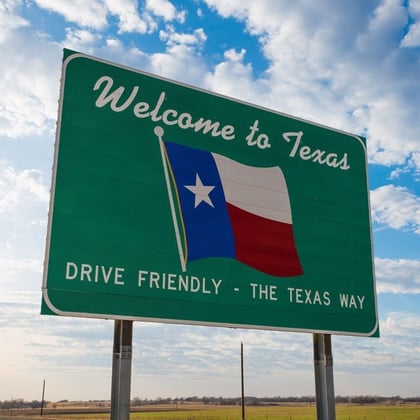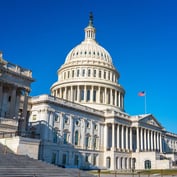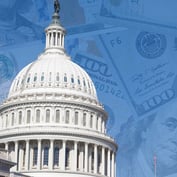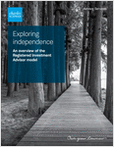What You Need to Know
- Voters will decide on a constitional amendment banning wealth taxation at the state level.
- Democarats at the federal level and in other states have proposed wealth taxes, which opponents say are unworkable.
- Other red states might follow Texas' lead, a Tax Policy Center associate says.
On Nov. 7, Texans will vote on an amendment to the state’s constitution to prohibit legislators from enacting a wealth tax.
“Texas is being proactive by introducing Proposition 3, prohibiting a wealth tax at the state level,” said Jeff Bush of The Washington Update.
“It’s undoubtedly accurate that states have a level of self-determination regarding their taxing authority,” Bush told ThinkAdvisor Friday in an email. “Just as Texas has a constitutional prohibition on income taxes, they are within their bounds to put forward the proposed amendment to prohibit wealth taxes.”
If successful, Bush continued, “it will be an interesting litmus test for red and blue legislatures around the country to see if they move on the issue within their states, adopting or prohibiting wealth taxation.”
Jared Walczak, vice president of state projects at the Tax Foundation, a right-leaning research group in Washington, added in another email Friday that “while states like California, Hawaii, and Washington have flirted with wealth taxes, no state has yet adopted one because lawmakers recognize that they’re economically destructive, legally dubious, and virtually impossible to implement correctly.”
While states like California and Washington “make entrepreneurs nervous, Texas lawmakers are looking to send a message that the Lone Star State is open to investment, business startups and economic opportunity,” Walczak said.
Added Walczak: “There’s a reason why most countries with wealth taxes have abandoned them, and why even states like California are skittish: whatever you tax, you get less of, and whatever people think about the wealthy in the abstract, most want wealth to be in their state, not elsewhere.”
Tax Policy and the 2024 Election
Wealth taxation, Bush said, “has gained popularity with progressives and is a critical element of the Democrats’ tax plan for 2025, as it was included in the failed Build Back Better tax plan from the Biden administration.”











 Copyright © 2024 ALM Global, LLC. All Rights Reserved.
Copyright © 2024 ALM Global, LLC. All Rights Reserved.